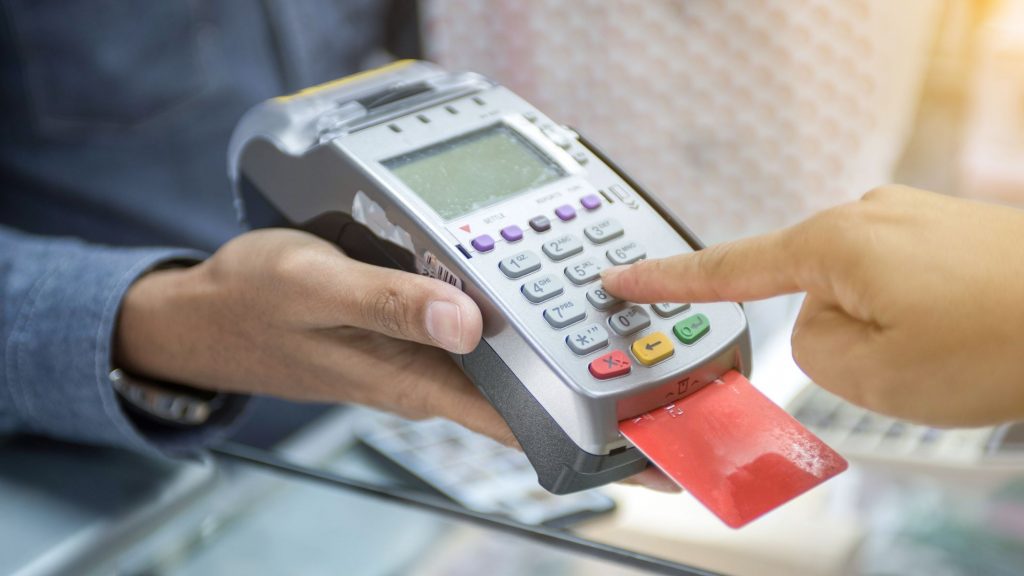A Point of Sale (POS) transaction is when a customer uses their debit or credit card to purchase an item at your business. POS systems are vital in every retail, restaurant, and hospitality setting for accepting these electronic forms of payment. The best POS solutions will have the ability to track inventory, send receipts to customers’ email addresses, record customer details for your marketing efforts, and more.
What are the various types of POS transactions?
There are three types of POS transactions: offline, online, and mobile. Offline transactions do not have any wireless connection to a processing center; these terminals typically run on battery or can be powered through an internet connection. Mobile POS systems are credit card readers that connect to smartphones or tablets via bluetooth connection. Online transactions are the same as regular POS transactions, but the wireless connection allows for real-time data transfer.
How should a business choose its POS solution?
Choosing a POS system can be very difficult, especially if you have no prior experience with them. Before making your decision, consider what kind of environment your business operates in and what transactions are most common at your place of business. For example, a small retail store may find an online solution to be more beneficial, as the majority of transactions will occur at one location. A hair salon or restaurant, on the other hand, would likely do better with a mobile POS system that allows their employees to take payments from anywhere in their establishment.
If you run a multi-location business, you may want to consider a cloud-based solution that can be accessed from anywhere in the world. Keeping track of inventory and customer data across multiple locations is no simple task; however, with a cloud-based POS system it becomes much easier.
What are some common features of POS systems?
POS transactions often include: Credit card swiping, signature capture, multi-tender transactions (such as cash and card), gift card activation, loyalty programs, inventory management, customer facing display (for line busting or order status), and email receipts.
Additionally, you may want a POS system that is compatible with your current hardware (computers, printers, cash drawers) as well as having the ability to be accessed on a variety of devices from anywhere in the world. There are even some systems that allow for integration with cloud-based business management software such as Quickbooks.
A POS system is one of the most important investments you can make in your business; it helps streamline daily operations and facilitates more efficient transactions while giving your customers a better overall experience, which will ultimately lead to increased profits for your business.
How do POS transactions work?
A Point of Sale transaction occurs when a customer makes a purchase with a debit, credit, or gift card at your business. Whether you have an online, offline, or mobile system the basic process is the same. When your customers want to make a purchase they swipe their card on your POS terminal and then enter their PIN number if necessary.
If you have a traditional POS system the information is stored offline and processed through your machine at a later time, which means more of your employees’ time spent at the computer (such as at night or on weekends). If you opt for an online or mobile solution, the information will be transmitted to your processor immediately so that it can be finalized and posted to your account.
